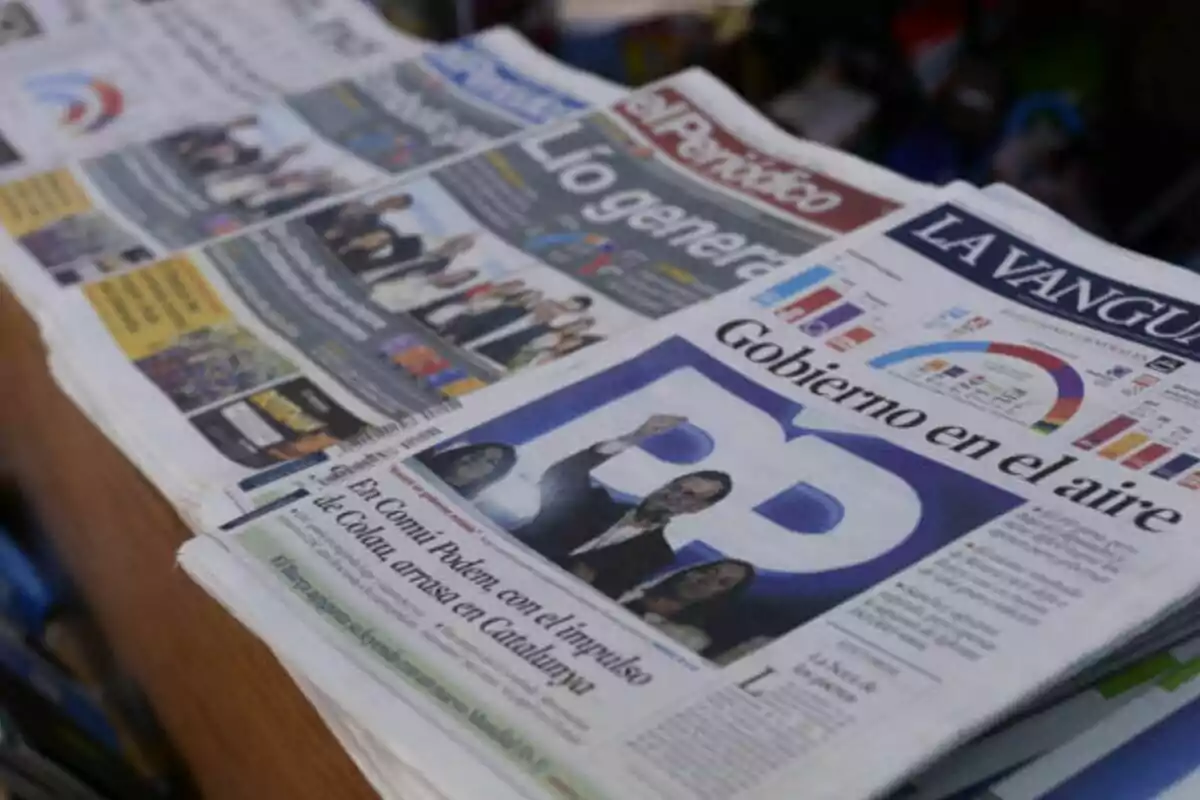
Stop the Presses: Data Confirms the Decline of Traditional Media
The Decline of the Press Has a Very Simple Explanation, and It's That It's Not a Profitable Business
If anyone was negatively affected by the digitization of the world, it was the media power. With the radical fragmentation of information, traditional media power has become a sub-power. Specifically, it has become a mouthpiece for interest groups, which can be parties, companies, or governments. As always, the reason for this change is very prosaic and vulgar: the press as we knew it is not profitable.
With an exhausted business model and an aging audience without generational replacement, traditional media survive thanks to subsidies. In this sense, it is enough to stay in Catalonia to see to what extent a subsidized press can promote a social and political bubble.
This situation turns the press into the opposite of what it should be: not a counter-power, but another cog in the political system. Its decline is just another face of the great social, political, and cultural transition being experienced in the West.

Stop the Presses (Literally)
The latest data from the Daily Press Observatory are conclusive. In 2024, the average daily circulation of printed newspapers was 764,000 copies, a figure lower than what El País and El Mundo alone added two decades ago. Compared to the 4.3 million daily copies in 2004, the decline is abysmal: a drop of 82% in just twenty years. Compared to 2014, when 2.7 million were still distributed, the fall is still 71%.
The significant aspect is not only the magnitude of the loss but its persistence: in 2024, the print press lost another 7.4% compared to 2023. By type of publication, general information dailies fell by 7%, sports by 9%, and economic by 8%. No category is spared.
The five major publishing groups —Vocento, Prensa Ibérica, Prisa, Unidad Editorial, and Godó— continue to reduce their reach: Prisa, for example, barely distributes 92,000 copies a day, when in 2004 its flagship, El País, was close to 470,000. Today it barely reaches 50,000. This explains why Grupo Prisa's stock has been worth fifty cents for years.
The case of El Mundo is even more dramatic: it has gone from 308,000 copies to 32,000. The same with ABC, which in twenty years has gone from 276,000 to 34,200. The newspaper 20 Minutos now leads the circulation with just 52,500 copies. That is, any YouTube or Twitter figure with minimal social impact has more followers than copies sold by the press.

Precariousness and Million-Euro Losses
This commercial debacle has inevitable consequences. Newsrooms have shrunk, print editions are getting thinner, and journalistic staff live under the shadow of cuts. But more serious still is that the red numbers have become the norm.
Vocento, publisher of ABC, lost 27 million euros in the first quarter of 2024. Prisa accumulated 37.3 million in losses in just two quarters. Its market value has plummeted by 99.91% since its IPO in 2000. The written press has not only ceased to be a business: it is a financial black hole that is now only kept afloat by external financing. And that financing is not neutral.
The Price of Submission
With sales collapsed and profitability gone, the major media survive through two avenues: institutional advertising and direct public subsidies. In 2024, the Government approved 65 million euros in aid to the media as part of a plan for "democratic regeneration." To this figure must be added regional subsidies, such as the 13.8 million granted by the Generalitat of Catalonia to media in its territory.
The result is not so much a press at the direct service of governments, but something deeper: a press subordinated to the logic of the political system. Instead of setting the agenda, the media reproduce it. Even when they appear to be critical, they rarely break with structural consensuses.
In this context, the oversight function of journalism disappears. The need to secure income turns major media into docile actors that hardly inconvenience those who finance them. Thus, the old ideal of the press as the "fourth estate" has been replaced by a much more prosaic reality: the press as a dependent ideological apparatus.

The picture, ultimately, is clear: traditional media do not attract new readers, do not generate profits, and no longer fulfill their social function. They are media of the past trapped in the present, kept on life support by a political system that has adapted them to its needs. In fact, one of the keys to Sánchez's legislative stability is his control of media timing.
In a landscape dominated by social media, algorithms, and informational fragmentation, the print press decomposes without viable regeneration capacity. Their readers age, their mastheads shrink, and their real influence has evaporated. What remains is an empty shell that still bears the name "journalism."
More posts: